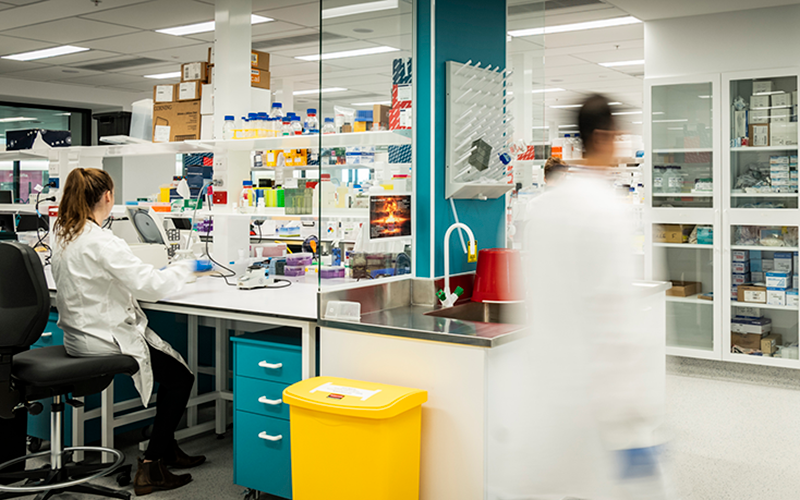Search
Comprehensive genetic screening programs have led to the identification of pathogenic methyl-CpG-binding protein 2 (MECP2) mutations...
This study compared the behavior profile of cases in the Australian Rett Syndrome Database (ARSD) with those in a British study using the Rett Syndrome...
MECP2 mutations mainly occur in females with Rett syndrome. Mutations have been described in 11 boys with progressive encephalopathy...
Rett syndrome (RTT) is an X linked neuro-developmental disorder affecting mostly girls. Mutations in the coding region of MECP2 are found in 80% of classic...
A translocation that disrupted the netrin G1 gene (NTNG1) was recently reported in a patient with the early seizure variant of Rett syndrome (RTT).
This study compared the behavior profile of cases in the Australian Rett Syndrome Database (ARSD) with those in a British study using the Rett Syndrome...

Principal Research Fellow

PhD Candidate

The Kids Research Institute Australia researchers will share in $2.3 million awarded by the Western Australian Department of Health Innovation Seed Fund.
ADHD commonly occurs with sleep problems and secondary cognitive impairments such as inhibitory control. Sleep problems may explain attentional lapses and inhibition performance variability in children with ADHD. This study applied Bayesian analyses to examine the relationship between ADHD symptoms, sleep problems, and inhibition.
